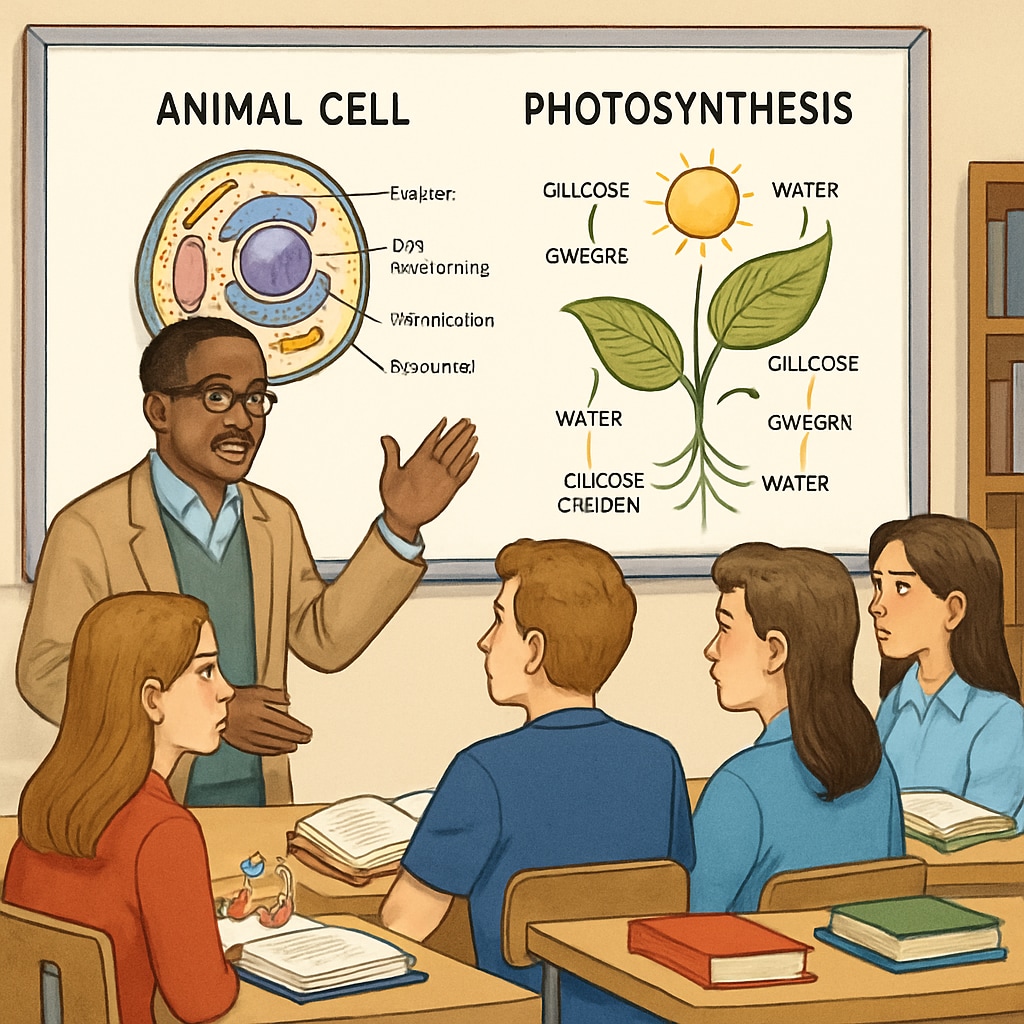Transitioning from a biology background to pursuing an education master’s degree is a bold and transformative step. This process, often referred to as “academic crossover,” bridges the gap between STEM fields and the humanities, creating exciting opportunities for professionals eager to contribute to the world of education. In this article, we explore the feasibility, challenges, and benefits of this transition, offering practical advice for biology graduates considering a shift toward teaching.
Why Choose Education: The Case for STEM Educators
Biology graduates possess a unique set of skills that can be highly valuable in the field of education. Their analytical mindset, problem-solving abilities, and familiarity with scientific methodologies provide a strong foundation for explaining complex concepts and inspiring curiosity in students. Furthermore, the global demand for STEM educators continues to rise, as schools aim to prepare students for careers in science, technology, engineering, and mathematics.
In addition, transitioning into education offers personal satisfaction. Many biology professionals find fulfillment in sharing knowledge and influencing future generations. The ability to transform abstract scientific theories into engaging lessons is not only rewarding but also impactful in shaping the intellectual growth of young minds.

Challenges in the Transition: Bridging Biology and Pedagogy
Despite the advantages, moving from a biology background to an education master’s program comes with its own set of challenges. The most common hurdle is the shift in focus from research-oriented work to pedagogy (the art and science of teaching). Biology professionals may need to adapt to educational theories, classroom management strategies, and curriculum design—areas that differ significantly from laboratory practices.
Additionally, the transition requires a mindset shift. While scientific research emphasizes precision and experimentation, teaching requires empathy, adaptability, and effective communication skills. Balancing these contrasting skill sets can be daunting but achievable with determination and proper guidance.
To ease the transition, prospective educators should consider enrolling in preparatory courses or workshops in teaching methods before starting their education master’s program. Internships or volunteer teaching opportunities can also provide hands-on experience and help bridge the gap between biology and pedagogy.

Opportunities and Career Pathways
Pursuing an education master’s degree opens up a wide array of career opportunities for biology professionals. These include:
- Secondary School Teaching: Biology graduates can teach high school science courses, fostering students’ interest in STEM fields.
- Curriculum Development: Professionals can contribute to creating innovative, science-focused educational content for schools and organizations.
- Educational Research: Combining their biology expertise with educational theories, graduates can explore research opportunities that advance methods of teaching science.
- Online Education Platforms: With the rise of e-learning, biology graduates can create digital courses or work as subject matter experts for online platforms.
These roles not only offer professional growth but also provide an avenue for STEM professionals to make a meaningful impact on society.
Practical Steps for a Smooth Transition
To ensure a successful transition from biology to education, consider the following steps:
- Identify Your Goals: Determine whether you aspire to teach, develop curricula, or engage in educational research.
- Research Programs: Look for education master’s programs that offer specializations in science education or STEM teaching.
- Build Teaching Experience: Volunteer at schools or join mentoring programs to gain firsthand teaching experience.
- Network: Connect with educators, attend conferences, and join professional organizations in education to gain insights into the field.
- Leverage Your Biology Expertise: Highlight your scientific background in applications and interviews to showcase your unique qualifications.
By following these steps, biology professionals can confidently navigate the path to becoming successful educators.
In conclusion, transitioning from a biology background to an education master’s degree is not only feasible but also rewarding. By leveraging their scientific expertise and embracing the challenges of pedagogy, biology graduates can make significant contributions to the field of education. For those passionate about teaching and shaping future generations, this shift is a worthwhile endeavor.
Readability guidance: Use short paragraphs and lists to summarize key points; balance professional and accessible language to maintain engagement; include transitions like “therefore,” “for example,” and “as a result” to improve flow.


